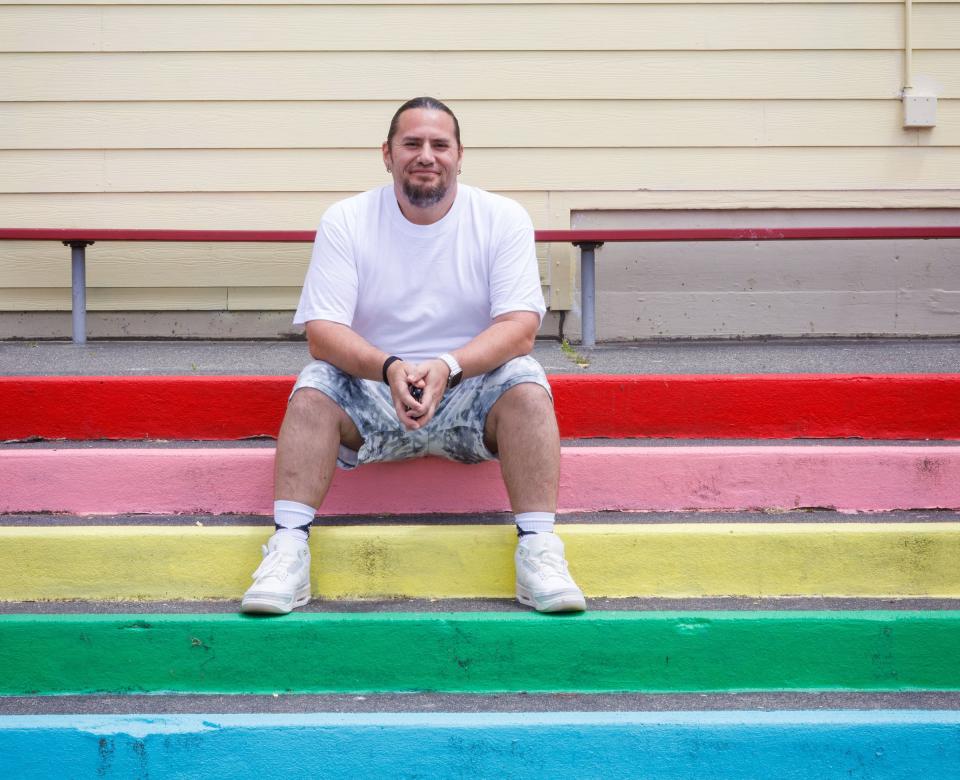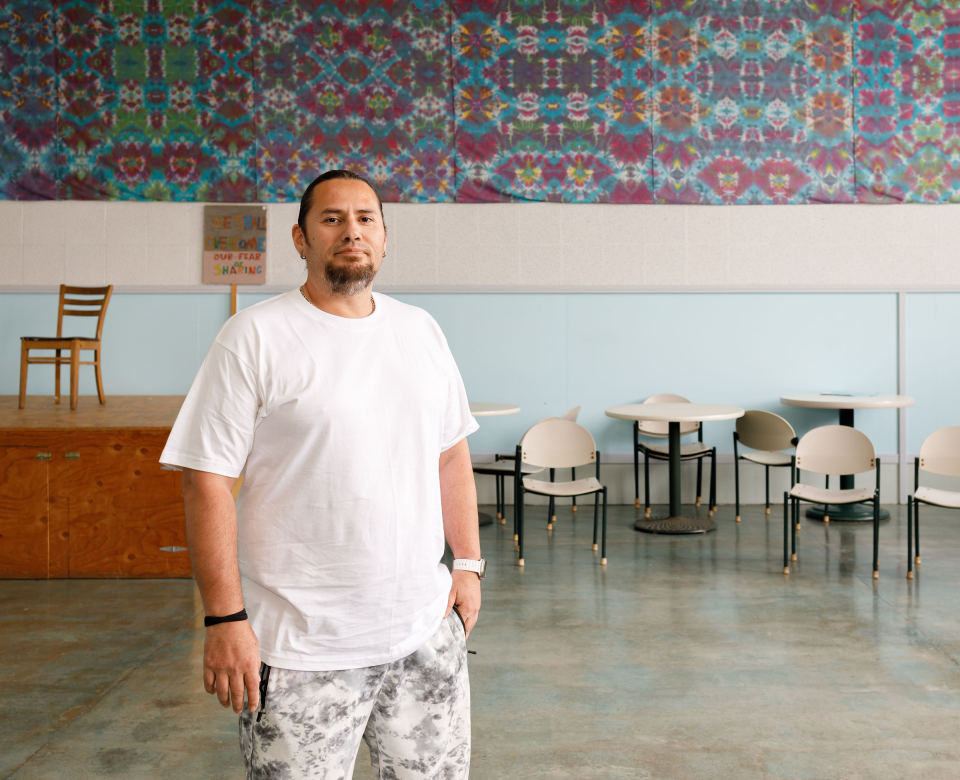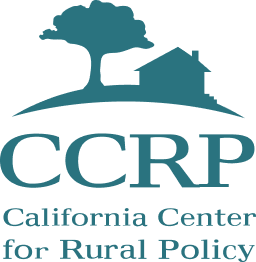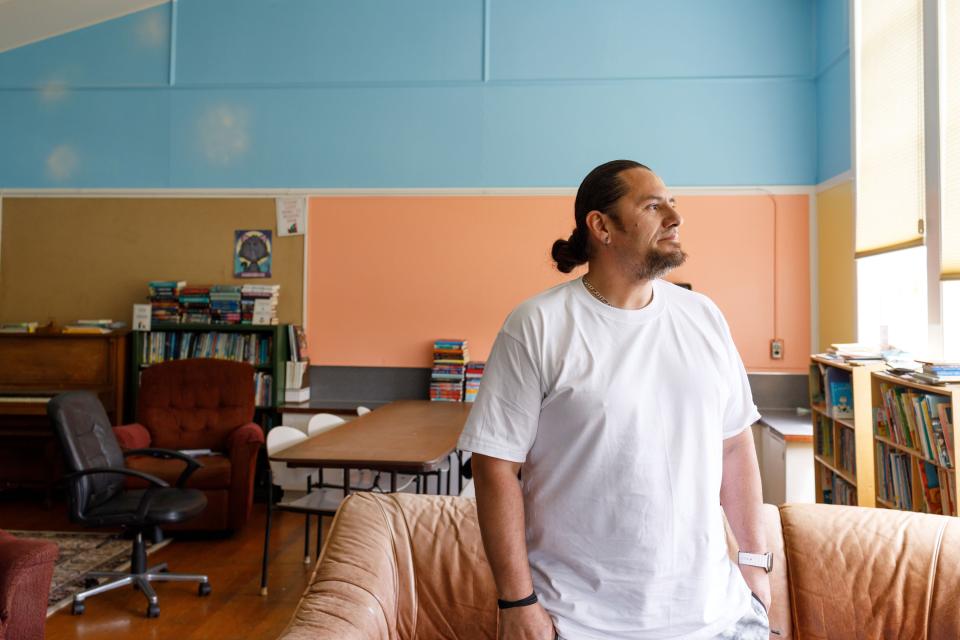Pliny of Humboldt: Overcoming Stigma for Justice-Involved Individuals and Rural Communities Banding Together
Born and raised on the Hoopa reservation, Pliny McCovey is a part of a vibrant and resilient culture, but has also seen that way its rurality impacts reliability of local services. Now working at a job training program in Eureka, he is familiar with the climate of the local labor market and Humboldt’s unemployed population. The region’s nuanced needs require small communities to band together to work for a prosperous future.
Beautiful Hoopa Valley
“It's literally one of the most beautiful places on this planet. I truly believe that. We take it for granted a lot of times - the nature, the water, the trees, everything that surrounds us.” Pliny was raised with his culture in his ancestral lands of Hoopa. After spending some time in Oregon and Nevada, he moved back 15 years ago.
“We Hoopa Tribes are one of the lucky Tribes, so to speak. The fact that the reservation was built around our ancestral lands versus being placed [somewhere else]. It’s where my ancestors have been for tens of thousands of years. I still get to go back to it now and then and participate in dances and things like that. I'll always have that connection, whether or not I'm living there.”
Remote Setbacks
While Hoopa’s isolation affords it some breathtaking views, outdoor recreation, and ancestral connection, it makes it harder for its community to access resources. The closest public transportation is five miles out in Willow Creek where an HTA bus leaves twice a day, and to catch that from Hoopa people have to either hitchhike or get a ride and hope to make it in time. There is a medical center in Hoopa, but community members have a difficult time navigating dental care, with appointments getting scheduled 6 months to a year out. Pliny sees opportunities for job training to fill in the lack of providers in the area.


Despite consistently applying to jobs, Pliny’s clients have trouble finding work: “Some told me they've submitted around 100 applications this month and nobody's gotten back to them”
Workforce Trends
Pliny has been living in Eureka for the past three years, helping folks with substance abuse disorder and justice-involved individuals with workforce development, using his own experiences to help fight the stigma. Through his work at the Jefferson Community Center, he has an intimate look into the needs of the local community and local labor market trends. In his own experience and that of his participants’, he’s noticed a pattern where employment often depends on word-of-mouth referrals instead of online applications.
“I know for a fact that some of our participants have relied on [online applications]. And they've come back to me frustrated and ultimately given up on the process because they feel like, well, ‘I've submitted 100 applications this month and nobody's gotten back to me’. It's just one of those things where you have to get your foot in the door. And sometimes it takes calling around or actually going down to visit people. We try to make those connections here for people that are looking for employment.”




